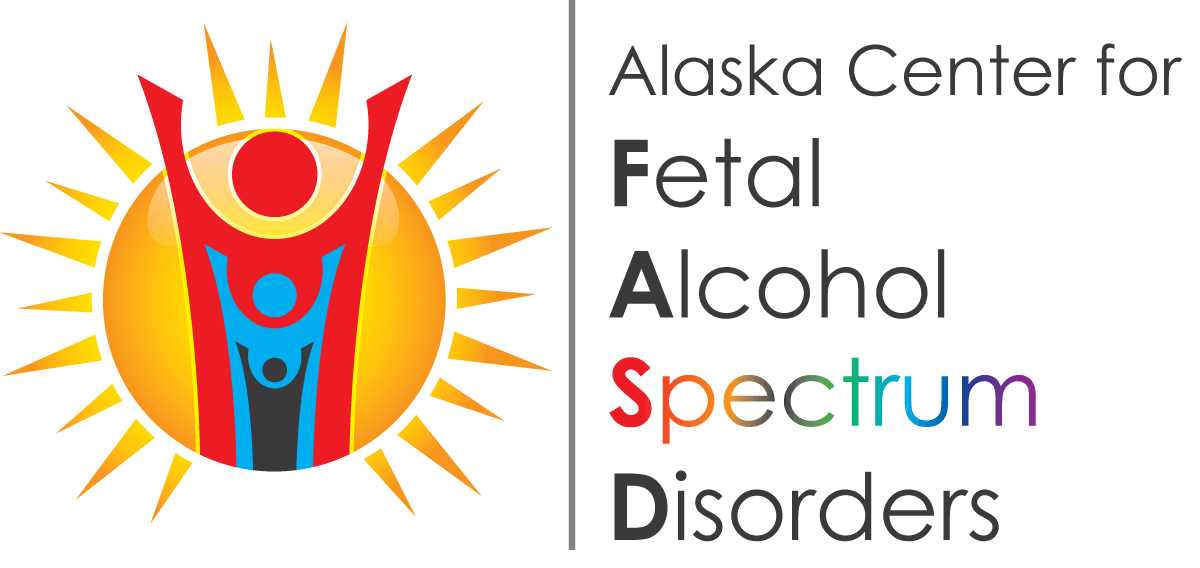History
Since the 1980’s Alaska has had a history of leadership efforts for Fetal Alcohol Spectrum Disorders (FASD) prevention & addressing the needs of people who live with FASD. During a large infusion of federal grant funding (Substance Abuse and Mental Health Services Administration SAMHSA 2000-2005) statewide efforts focused on prevention, diagnostic team development, allied health & other professional training, public awareness campaigns, and evaluation of those efforts. In the intervening years, there have been other efforts including (to name a few):
- State Division of Behavioral Health financial support for FASD Diagnostic Teams
- Empowering Hope/Alaska Mental Health Trust prevention messaging media campaigns
- UAA Circumpolar Health Institute’s A Formative Evaluation of Two FASD Prevention Communication Strategies (pregnancy test in the bathroom) project
- Governors’ Council on Disabilities & Special Education FASD Workgroup
- State Department of Education regulation change that includes FASD as a qualifying diagnosis for an Individual Educational Plan (IEP) for Other Health Impairment
- FASD Partnership initiatives (criminal justice, family support, advocacy trainings)
- Anchorage School District collaboration with FASD education consultant, Deb Evensen, and creation of a staff training video-8 Magic Keys
- Kenai School District collaboration and concerted efforts to create an FASD-informed education system
Despite all of these efforts, there has been less momentum in the development of effective treatment and support for families and individuals with FASD (particularly as they reach the age beyond the support system of schools and early life therapy programs). In addition, FASD diagnosis follow-up data developed by staff at FASDx Services LLC in Anchorage consistently demonstrated that there was a significant ongoing need for:
- Additional family & caregiver support,
- Ongoing pressure to create better informed ‘systems of care’ and communities, and
- Individuals with FASD needed a means to connect with each other so that they did not feel so alone in their disability.
In response to this, the Alaska Center for FASD was founded in 2017 by a group of FASD professionals, advocates, and family members.
